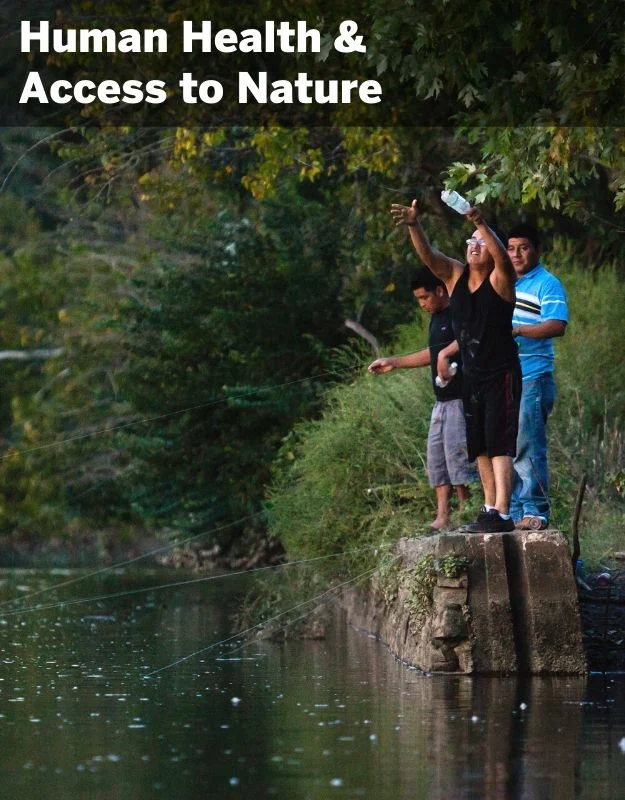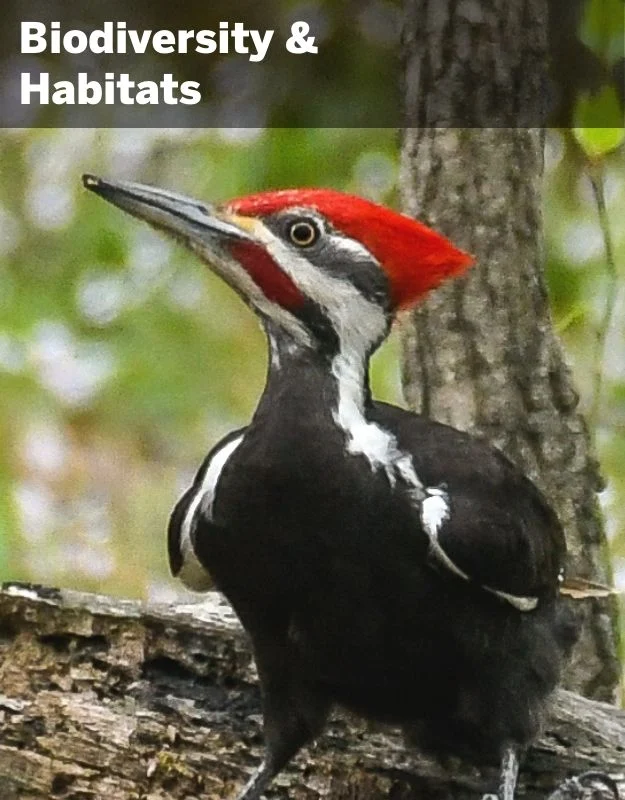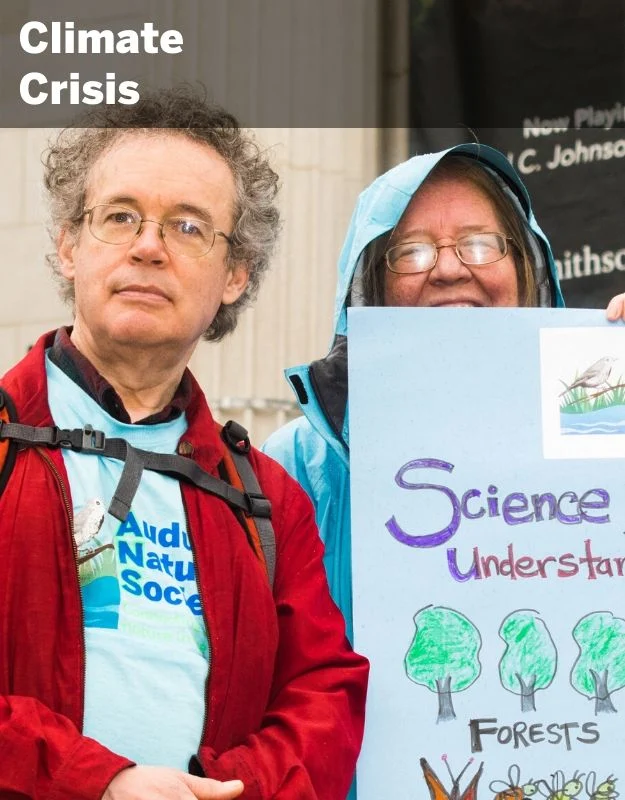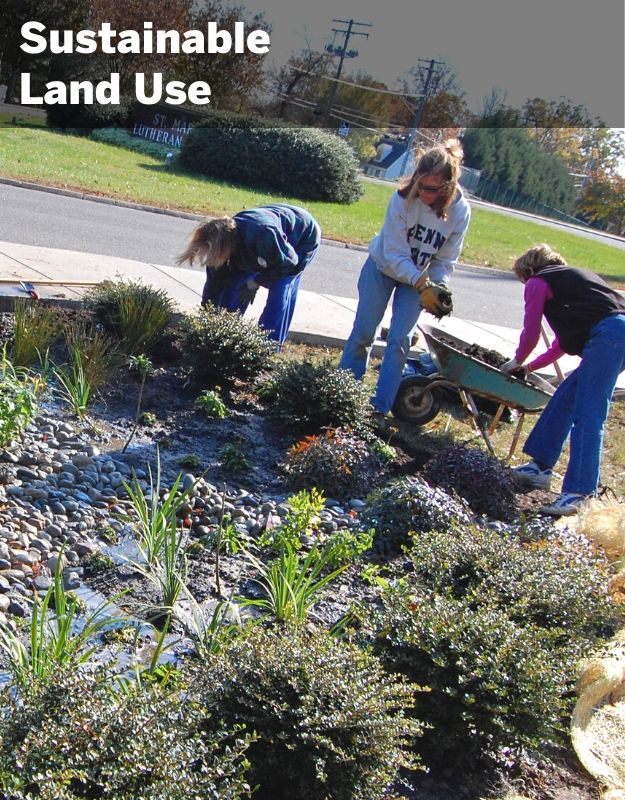
Our Priorities
As NF Board member and Silver Spring resident Rachel Carson wrote,
“Like the resource it seeks to protect, wildlife conservation must be dynamic, changing as conditions change, seeking always to become more effective.”
Since 1897, generations of NF members, staff, and volunteers have worked to help residents of the Washington, DC region enjoy, learn about, and protect nature. Today, In severity, scope, and urgency, the climate crisis is a fight like no other the environmental movement has experienced. In 2020, we adopted the following Priority Campaign Areas to guide our work forward in the era of climate crisis.
Our Priorities

All people live in nature.
A healthy natural environment is one that includes healthy people who have clean air to breathe, clean water to drink, and safe places to be active and explore nature.
We recognize that communities of color have been deprived of wealth, health, educational attainment, and healthier environments because of systemic racism and ethnic prejudices. We recognize that people with disabilities have been deprived of many of the same opportunities and equitable access because of systemic prejudices and injustices.
Therefore, NF supports local environmental justice advocates, campaigns, and policies that intersect with our conservation priorities.

Since 1897, NF has worked to protect the habitats and wildlife of the Washington, DC, region.
The stream valley corridors that knit our region together with ribbons of blue and green space are critically important in protecting clean drinking water, habitat for fish, birds, insects, and amphibians, and migratory corridors for our wildlife.
We also steward Woodend and Rust Sanctuaries. Our science-based advocacy emphasizes resilience, connectivity, and networks of habitats in order to give our native wildlife the best possible chance in the face of a changing climate.

We work to combat greenhouse gas emissions by advocating for solutions in our region’s biggest contributing sectors: transportation, electricity, and buildings.
We also promote natural solutions that remove carbon from the atmosphere, such as forest conservation, tree planting, and green infrastructure.
These same techniques will help address some of our region’s most significant climate impacts—stormwater flooding from increased storms and hotter heat waves, especially where the forest ends and pavement takes over.
Finally, we advocate for systemic education in our region’s public schools on the causes, solutions, and opportunities that the climate crisis presents.

According to some projections, the metropolitan Washington region is expected to grow by 1,535,000 new people between 2015 and 2045.
These new residents are estimated to need at least 100,000 more housing units than the region is currently projected to build. Where will our new neighbors live? How will they get to work?
Where will their clean drinking water come from and where will they learn to love nature? How will long-time residents afford to stay here as we build a more sustainable society?
NF works to ensure that the answers to these questions best ensure access to Nature for All while protecting our region’s most important natural assets and responding to the climate crisis.
